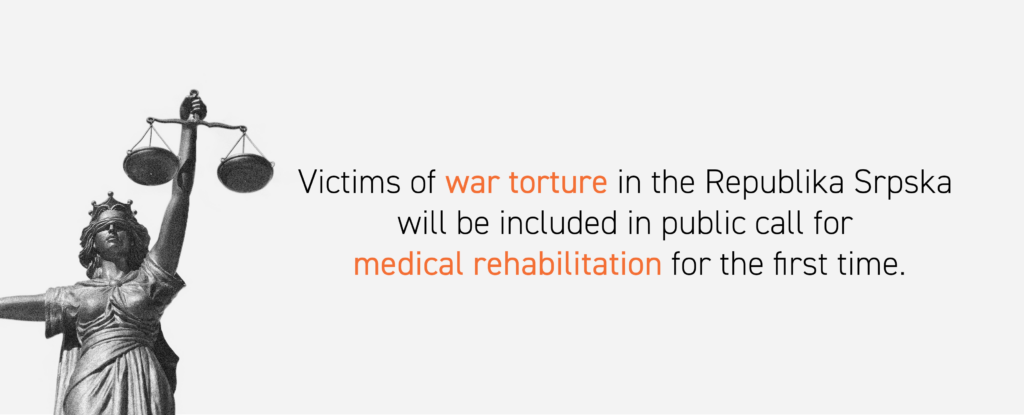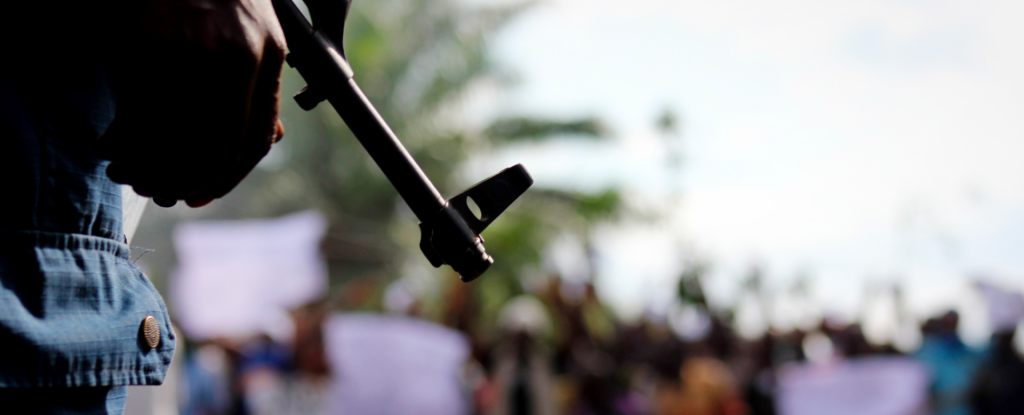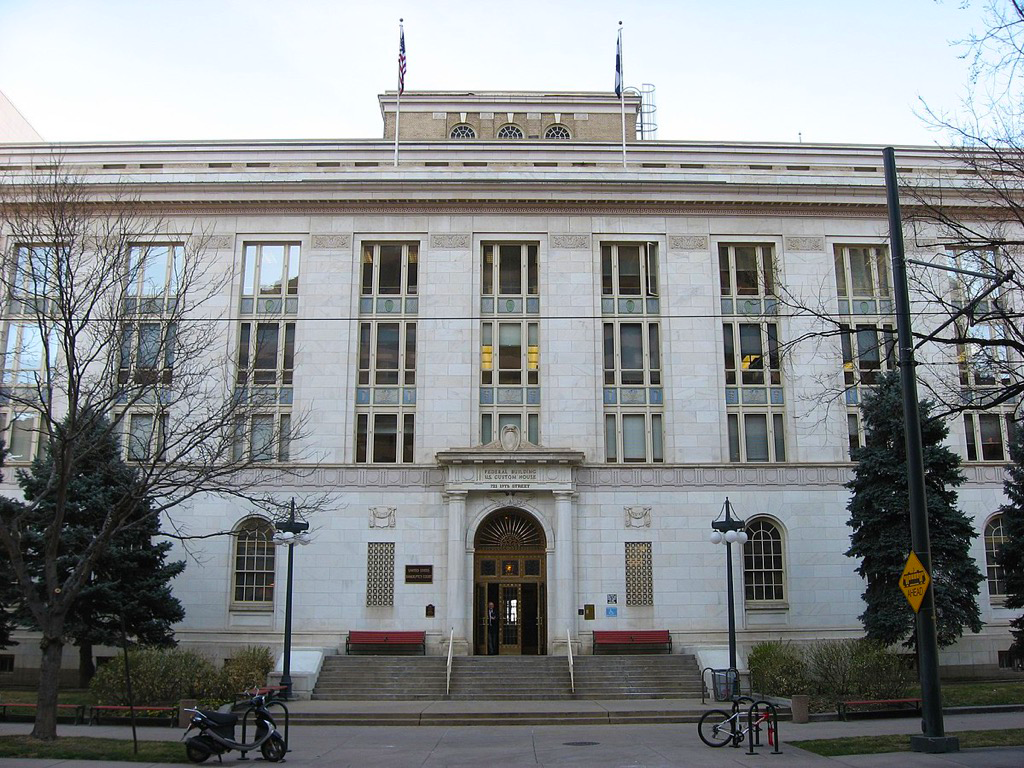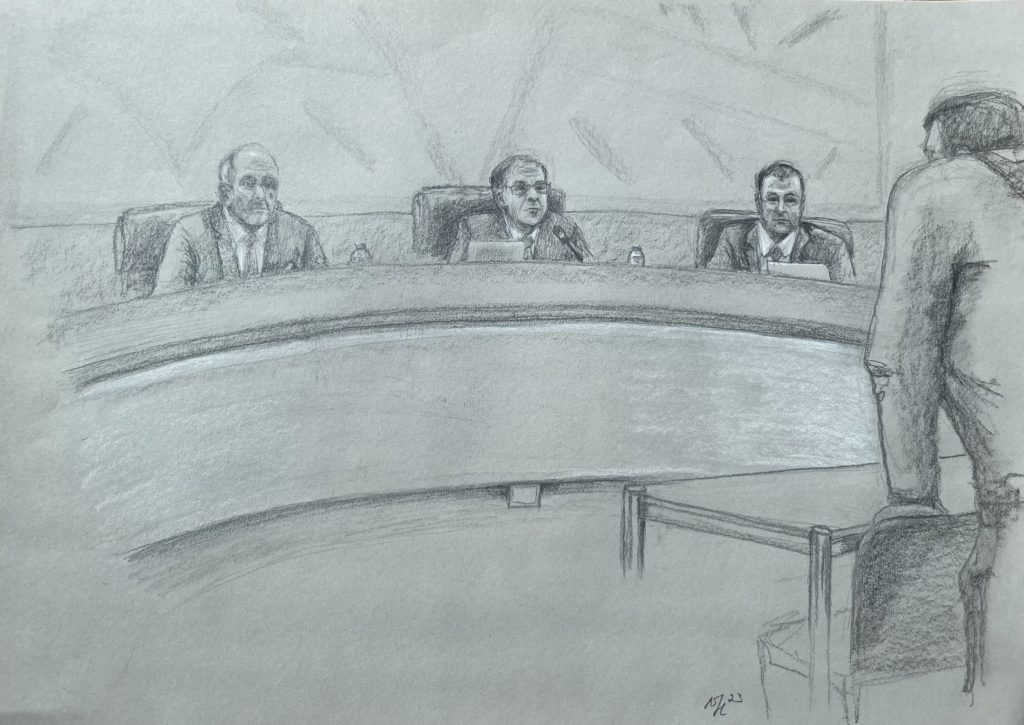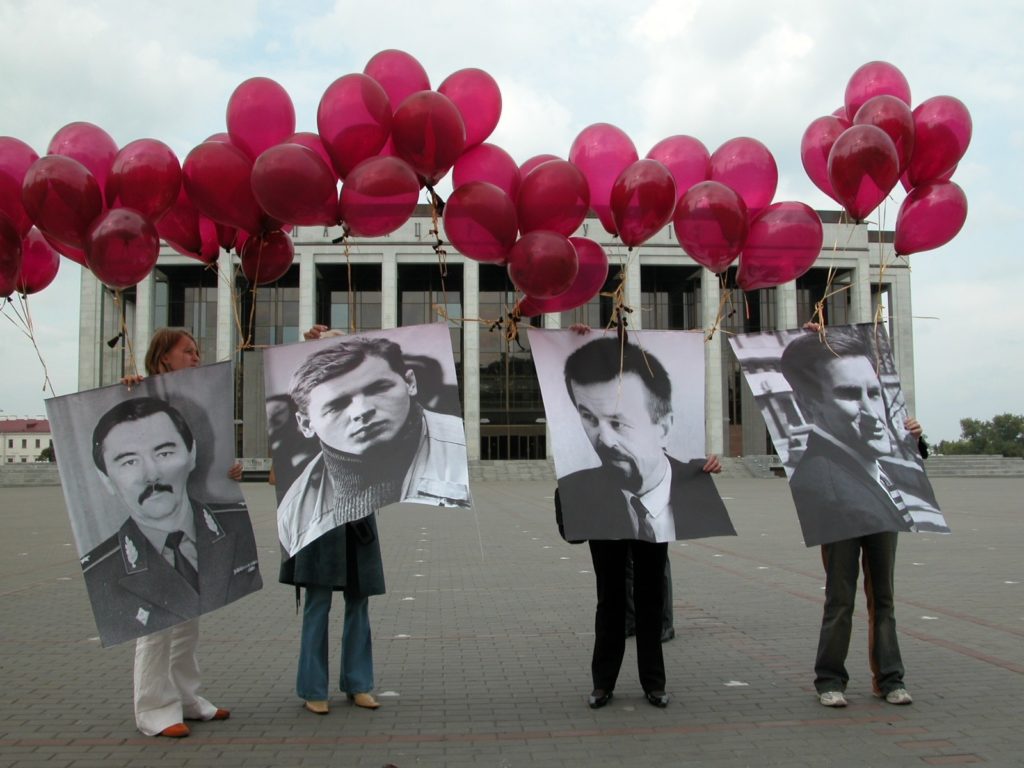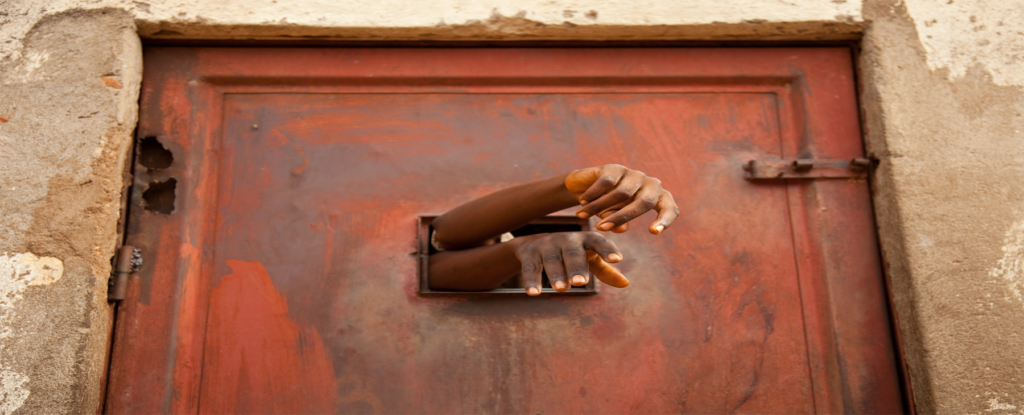“We live in permanent fear”: Burundians’ daily ordeal
Alice (real name withheld) lives in Bujumbura, the capital of Burundi. Despite the government’s assertions that the country is running smoothly, Alice’s story reveals a completely different reality. From shortages to fear of denunciations, she describes her daily life in a town on its last limb.
Alice: “My first reflex upon waking up is to check messages and tweets about incidents that occurred during the night. There are also warnings about potential incidents during the day, which fortunately sometimes turn out to be just rumors.
Plans for the day rarely happen according to plan. Blockages are as unpredictable as they are unimaginable.
For example, you can step outside your house but not get very far—the police is blocking the road because an official will be going through this street. This can last anywhere from a few minutes to several hours. If you’re late to class, work or a meeting, “the road was blocked” is a valid excuse that everyone understands.
Once at work, you’re at risk of surprises such as electricity cuts and internet disconnections. It’s difficult to meet deadlines under such conditions, which means that you’re constantly stressed.”
Shortage of basic commodities
“In every shop, imported products are out of stock, including medication. These days, when writing out a prescription, a physician will also note three or four equivalents, knowing full well that the pharmacy is likely not have the right medication.
Food costs have significantly increased; bread has become a luxury for most families. Even sugar, though produced in Burundi, has become a rarity because it’s more profitable to export it.
Fuel shortages make everything worse: transport prices go up, food prices take the same course, and services slow down. To buy fuel, you sometimes have to fall back on the black market, where a liter costs thrice the usual price.”
Economic uncertainty
“My financial situation has deteriorated, as has everyone’s. Increased prices and lack of work cause my sources of income to dwindle… whereas my responsibilities as a parent remain the same!
I was forced to make painful decisions, such as sending my youngest daughter to another school because the old one was too expensive. I had to stop supporting my children at university, with inevitable consequences for their success and morale.
Under such circumstances, it’s impossible to save money, which means that we have no security for our future. I live in fear of getting ill and being unable to go to work! How long would I survive? There are so many questions without answers.”
Restricted freedom
“In Bujumbura, you have to be very careful about what you say and do. Everyone think carefully about their movements, acquaintances, conversation topics, and neighborhood they visit. You only confide in small groups of “trustworthy” people.
Conversely, if you seem too close to the government (rightly or wrongly), others will be quick to judge: stigmatization can cost dearly in certain situations.
Independent press is almost non-existent in Burundi. An impressive number of pro-government organizations have mushroomed since the beginning of the crisis. They propagate venomous messages about UN institutions and members of the opposition who are in exile.”
Daily violence
“Home searches are common, even daily in certain areas. If you are searched, it is better not to ask any questions. The best course of action is to cooperate so that it’s over quickly and you avoid problems.
In the streets, violence from the hands of the police or the Imbonerakure* is an almost daily occurrence. Every day that God created, at least two people are assassinated – and that’s on top of enforced disappearances. There is no official curfew, but an informal one exists across the entire country. In some places, people don’t dare to go out after 8 o’clock in the evening or they would risk being beaten or even murdered.”
Children are the first victims
“I’m always scared for my children. Even keeping them indoors is risky: there are all sorts of rumors about attacks in people’s homes.
All parents live in the same fear. When your child is out and his or her mobile phone is turned off, panic takes over. Parents often send an alert message by SMS, fearing for their child who didn’t come home at the agreed time. An hour later, we get another message thanking the Lord because the child has returned safely.
This daily existence sometimes makes me feel scared, and other times triggers feelings of rebellion and anger. But the dominating feeling is a sense of complete powerlessness. There are times when I ask myself how long we’ll be able to go on like this.”
*The Imbonerakure are a youth militia with close ties to the government. They have been accused of murder, rape and other atrocities perpetrated against civilians.

